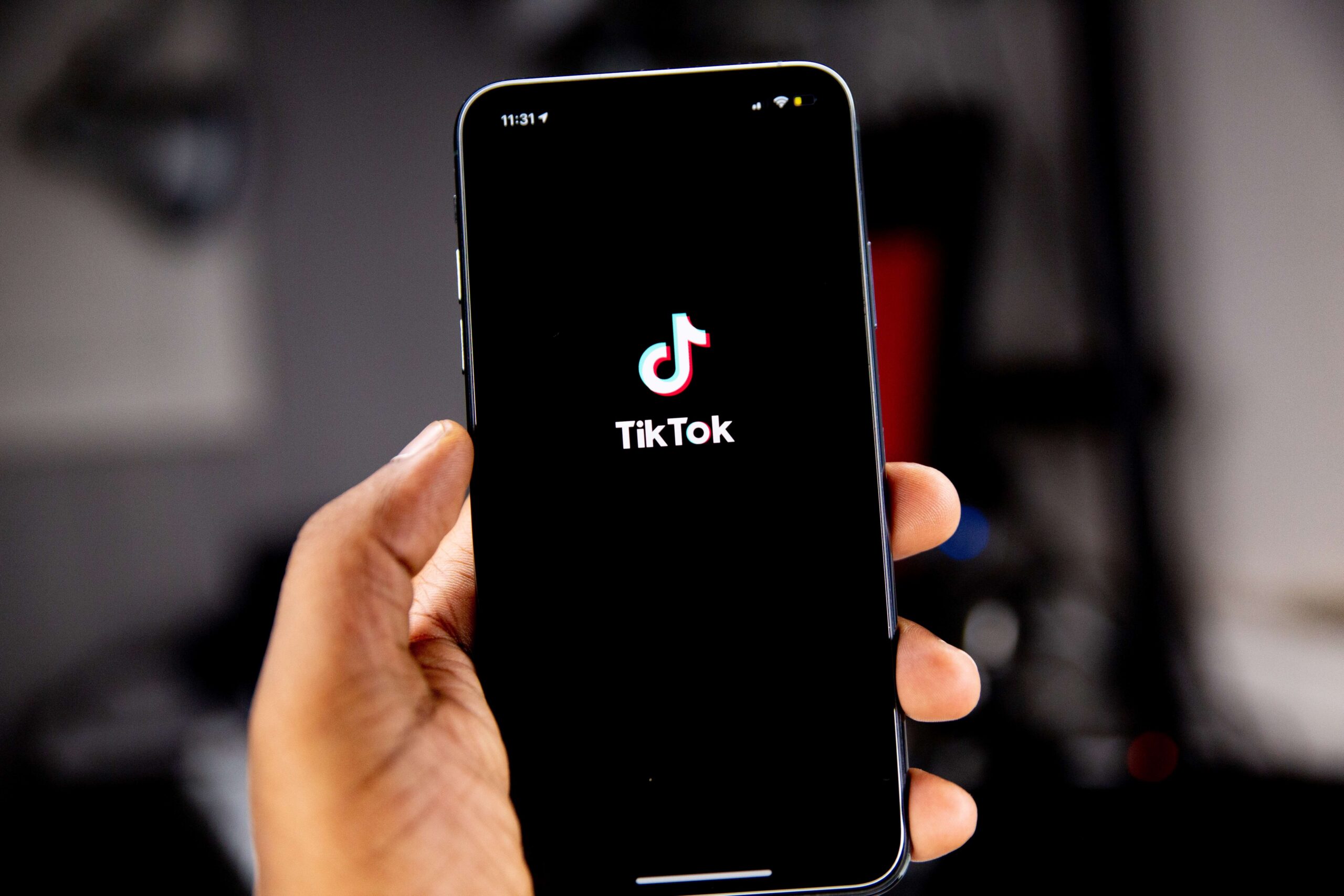The Kenyan Parliament is currently engaged in a comprehensive debate surrounding a petition that has sparked discussions about the potential prohibition of the popular social media platform TikTok, despite being crowned as the world’s most prolific user of TikTok . The petition, submitted by Kenyan citizen Bob Ndolo, raises concerns about the platform’s impact on Kenya’s cultural and religious values.
Mr. Ndolo implored Members of Parliament to consider banning TikTok, emphasizing that the platform poses a challenge to the fundamental values that underpin Kenyan society. In his submission, he highlighted the perceived lack of regulation of TikTok within Kenya, which he believes has led to a surge in offensive and unsuitable content on the platform.
Moses Wetangula, the Speaker of the Kenyan parliament, acknowledged the significance of the petition, stating, “The petition emphasizes that although TikTok has gained substantial popularity among Kenya’s youth, the nature of content being disseminated on the platform is unsuitable. This trend, including the promotion of violence, explicit sexual content, hate speech, profanity, and offensive conduct, poses a substantial threat to Kenya’s cultural and religious values.”
Mr. Ndolo further stressed that the ban would act as a safeguard, protecting Kenyans from the potential negative repercussions of TikTok addiction, which could disrupt the education and mental well-being of young people. He also expressed concerns about the potential illicit collection or dissemination of personal data of Kenyan citizens by the app.
The debate within the Kenyan parliament has highlighted a dichotomy of opinions. While some lawmakers and citizens support the proposed ban, others have voiced reservations, citing potential setbacks to Kenya’s technological advancement and the livelihoods of numerous young content creators on TikTok.
Lawmakers such as Kimani Ichung’wah, the majority leader in parliament, have suggested an alternative approach. Rather than implementing an outright ban, they propose implementing more rigorous content oversight on the platform. This approach would strike a balance between cultural preservation and technological progress, ensuring that Kenyan values are respected while still allowing for the creative expression and economic opportunities offered by TikTok.
The TikTok ban petition has initiated a crucial dialogue in Kenya, bringing to the forefront the complex balance between preserving cultural heritage, embracing technological advancements, and addressing the impact of the digital landscape on society. As the discussion continues, Kenyan stakeholders face the challenge of finding a path forward that best serves the nation’s values and aspirations.
In addition to the parliamentary debate, the petition has sparked lively discussions within Kenyan society and the public sphere. Citizens are engaging in conversations about the potential impact of TikTok on their cultural identity and religious values. As concerns about offensive content and data privacy mount, individuals and communities are actively participating in this national dialogue, ensuring a wide range of perspectives are considered.
As TikTok remains immensely popular among Kenyan youth, it is essential to find a solution that allows for the responsible use of the platform while ensuring that it does not compromise the cultural fabric of the nation. The outcome of this debate will have lasting implications for Kenya’s digital landscape and the nation’s ability to strike the delicate balance between preserving its cultural heritage and embracing technological progress.
Image Credit: Solen Feyissa on Unsplash




